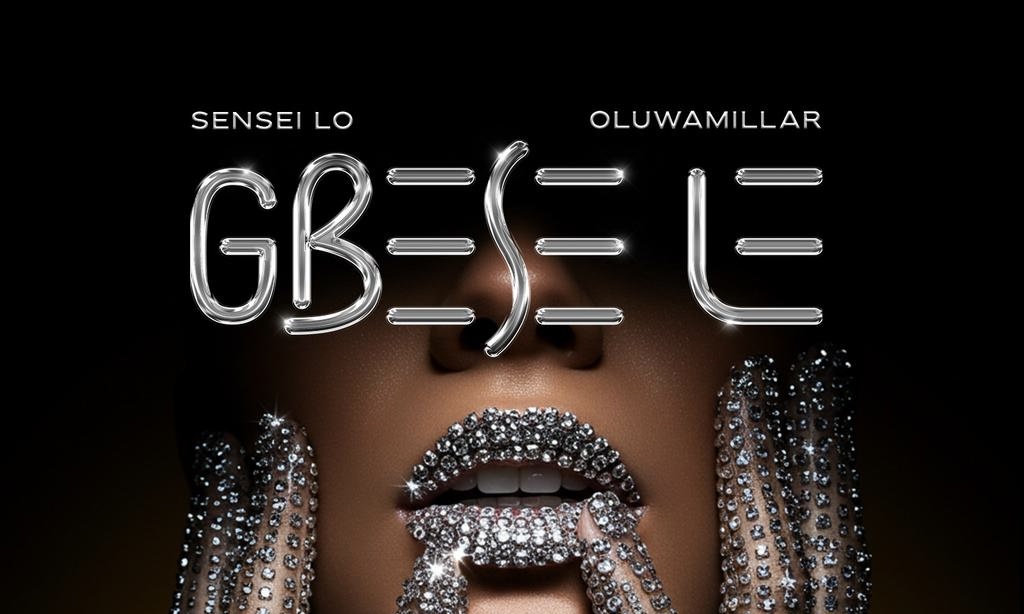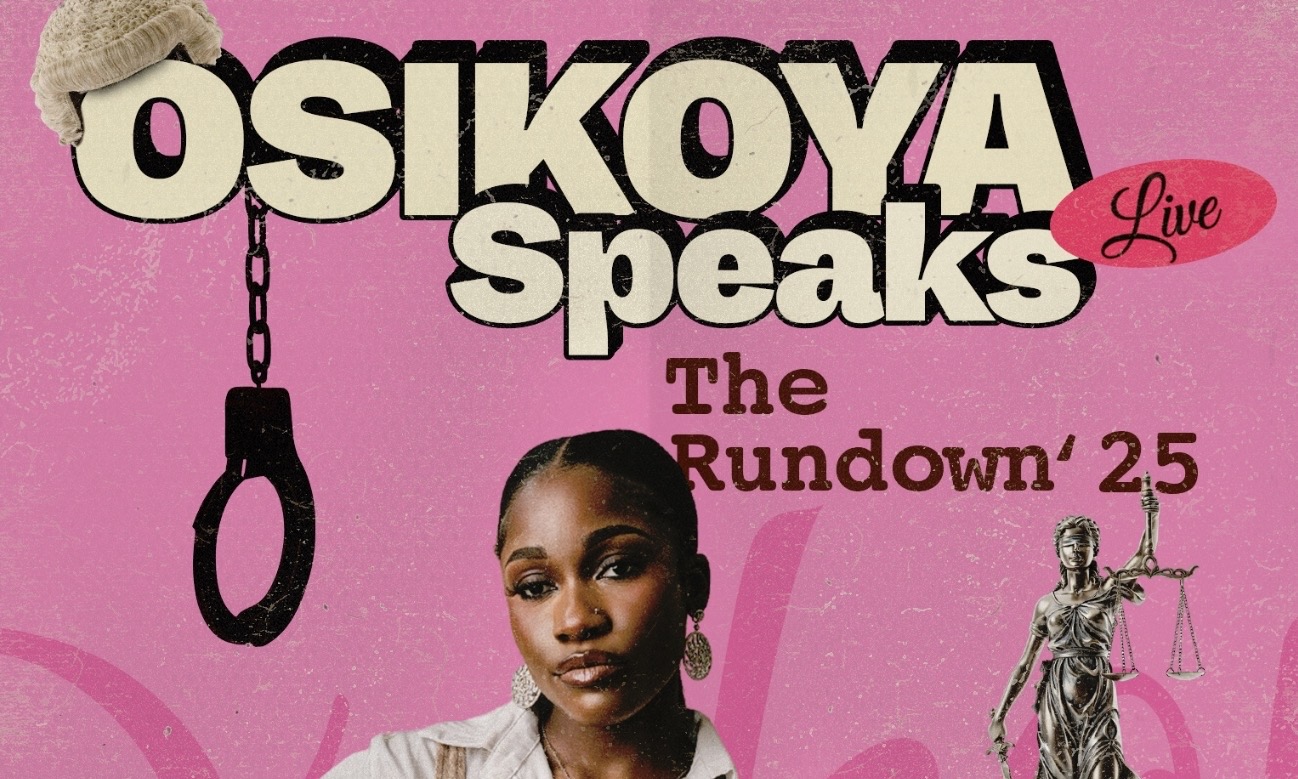by Chinazam Ikechi-Uko.
‘Tis the season to be gory, la la la la la, it is Halloween. With only a few days down to the 31st of October, you’ve probably seen a few Halloween party invitations and you might be burdened with the ever-scary question, “What will I wear?” Worry not, 2024 was a spectacular year for Africans in pop culture and we have a list. But first, let’s address Halloween.
The relationship between Africans and Halloween is a complicated one so let me attempt to reduce the discomfort Halloween brings.
IN DEFENSE OF HALLOWEEN:
Pumpkins, skeletons, black cats, candles, horror movies and costumes; these are the first things that come to mind when the word Halloween is mentioned. In an African household, Halloween is synonymous with the celebration of the devil.
Halloween, like most holidays we celebrate at the end of the year, has both religious and Pagan roots. The end of the year marks several religious holidays. These are often celebrations of birth or honouring of religious figures.
However, these are controversial and are topics in theological debates because none were recorded in the books of Abrahamic religions. Birthdays were not celebrated in any of the three Abrahamic religions, except the Pharaoh’s which was only observed by Egyptians.
As a result, the choice to celebrate birthdays and honour saints naturally includes a few pagan practices. Our idea of how to celebrate birthdays varies from culture but all roads return to Egypt. For this reason, many denominations argue that birthdays of any kind should not be celebrated.
The societal problem with Halloween stems from the confusion about what it is supposed to celebrate. The pointy hats, black cats and cauldrons often associated with witches are not very good PR either.
Africans are very big on witches and not in a mythical or figurative way. While the Western depiction of a witch is usually a 17-th-century metaphor for a Quaker, North African or Semite. For Africans, it is seen as a real threat. But Halloween is less scary than your village people.
Halloween is the modern term for All Hallow’s Eve, it obtained this moniker as All Hallow’s Day (All Saints Day) falls the day after it. Coincidentally, the eve fell on the same day the Celts celebrated Samhain, which marked the end of the harvest season and a thinning of the barrier between the living and the dead.
In preparation for All Saints’ Day, Christians would attend church services, pray for the souls of the departed, and remember their loved ones who had passed away. With both communities living together, slowly they found themselves picking traditions from the other.
These traditions included dressing up in costumes, carving pumpkins into jack-o’-lanterns, and engaging in activities to ward off evil spirits. Guessing which was a Christian tradition and which was not might seem very obvious but over time, it seemed to become a blur. All Hallows’ Eve gradually transformed into Halloween, a holiday that combines religious observance with a more playful and spooky character because people love having a good time.
The idea of warding off evil spirits fell out of favour with certain denominations of Christianity. Other denominations did not get the memo and those denominations spread rampant across the second-largest continent, Africa. So several people approach Halloween negatively because one’s opinion on it goes hand in hand with one’s opinion on European supernatural lore.
HALLOWEEN TODAY:
The younger generation has shown little to no care for the superstitions laid before them. Similar to the ideals of the rest of the denominations, they just want to focus and enjoy the fun of dressing up and eating Krispy Kreme Halloween-themed doughnuts. Is it debatable? Yes, every non-national holiday that does not appear in the Holy Books is.
So rather than arguing with your nosy neighbour whose opinions are not going to influence your decision to attend that Haunted House Party. You would need costumes for the night. That’s where I come in. Rather than opting for foreign influence ideas, let’s look a little closer at plausible African costumes:
Ayra Starr For Balenciaga:
Ayra Starr stopped the world with her Paris Fashion Week looks and introduced us to her alter ego– Madame Starr. However, the look that launched a thousand attempts was her Balenciaga look. With a TikTok trend dedicated to it. If you are late to the party, Halloween is the perfect excuse to jump in. Makeup tutorial here.
Davido:
If you instantly recognise this, then you are guilty of being chronically online. These pyjamas were thrown into Nigerian internet culture after Instagram user, Pinknative posted this video of Davido on her Instagram story. The pyjamas took a life of their own and became a meme that represented one being downbad. It is an instant party favourite. Currently, it is unavailable on boohooMAN Nigeria. But if you know someone into printing on shirts, you can make this work on a regular white pyjama set.
Farooq Oreagba:
Farooq Oreagba became the hottest Gen X in Nigeria… dare I say in Africa, after photos of him at the Ojude Oba festival went viral on the internet. He was invited to speak on talk shows, Arise news, and podcasts. By the end of July, he was crowned the king of steeze and everyone knew more information about him than we had bargained for. For this, you’d need a tailor and a few visits to Yaba market.
Unity Fabric:
The Unity Fabric was created by First Lady, Remi Tinubu. She hoped it would register as a symbol of unity. The country did not take it well but it was a moment. You can get an identical fabric at Aswani Market, open on Tuesdays.
I am chosen:
Another chronically online symptom. Humour is the favourite medicine of people in despair and Nigerians have been downing it a lot these days. We have always sought religious options to ease our pain and these days humour and religion have been intersecting. From the current debacle on the Hallelujah challenge to the September, I am Chosen* meme. 2024 has been a year of trying all things possible.
“I am chosen” is the catchphrase of the Nigerian church, Lord’s Chosen.
President Bola Tinubu:

His Excellency has been accused of many things; some good and many bad but you know what is a fact? He has a style. With his round glasses and traditional attire, such a distinct look is often overlooked. You probably have an agbada of a similar hue in your closet, dust it out, put on your glasses and break a leg…
A Witch:
If you know this one, you are cool. Earlier this year, during the University of Lagos’ final year week, students dressed up each day following a theme. After the first day, X was hooked and waited for content creator and storyteller, Treasure Okure’s looks. For costume day, she went as a witch and when asked where is the pointy cap and broom. She said, “That is a European witch.”
So how can you dress like an African witch, for starters, turn on African magic and study. But if you ask Okure, “I think the dress and the veil alone wouldn’t have had much effect, and that specific look was created by all the accessories – including the cup – and the makeup.”





